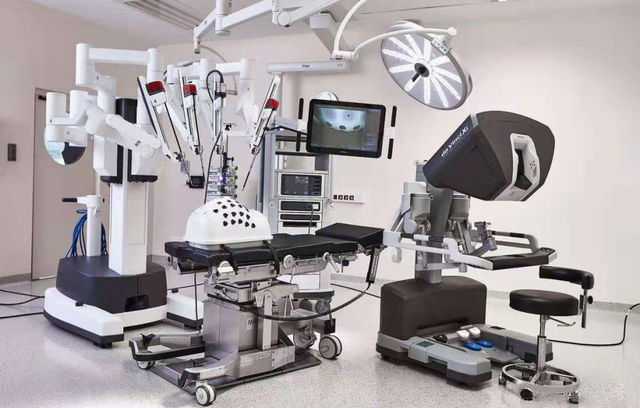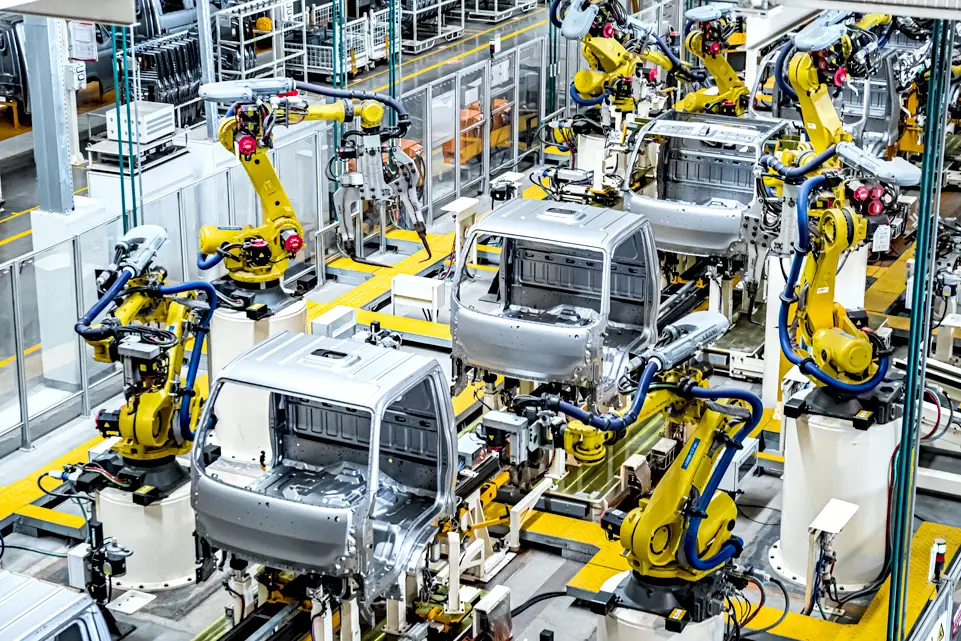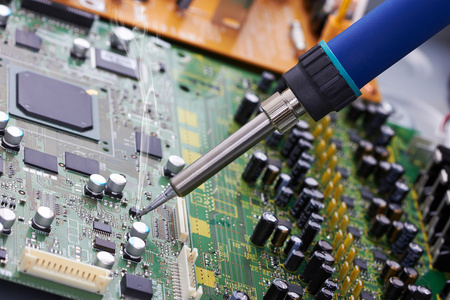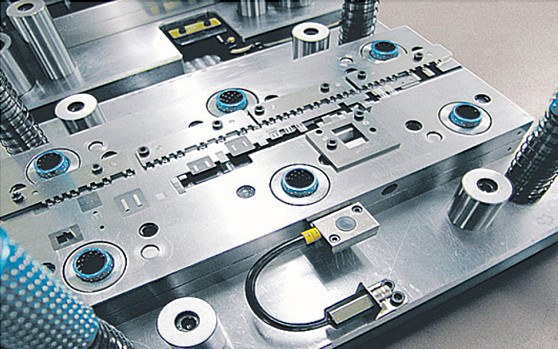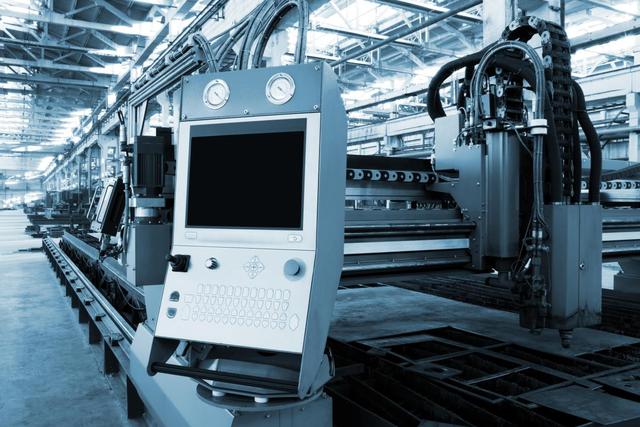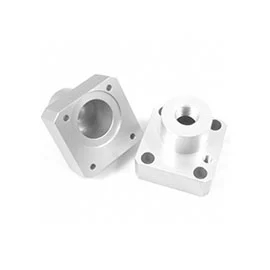
Exploring Precision Aluminum Machining: Technologies, Applications, and Future Trends
This article delves into the realm of precision Aluminum machining, covering key technologies, applications, and future trends, aiming to provide readers with comprehensive insights and references.
Quote Now!
Exploring Precision Aluminum Machining: Technologies, Applications, and Future Trends
Release time:2024-04-18 | Visits:561Aluminum, renowned for its lightweight, corrosion-resistant, and excellent thermal conductivity properties, finds extensive applications in aerospace, automotive manufacturing, electronics, among others. To meet the ever-growing market demands, precision Aluminum machining technologies have garnered significant attention and development.
Key technologies in precision Aluminum machining encompass CNC machining, cutting, bending, welding, among others. CNC machining stands as a cornerstone technology, facilitating high-precision machining of Aluminum materials to ensure product quality and stability. Laser cutting and CNC bending technologies have found widespread applications, enabling precise processing of Aluminum sheets, thereby enhancing production efficiency and quality. Additionally, welding techniques play a crucial role in Aluminum machining, with advanced methods such as Tungsten Inert Gas (TIG) welding and laser welding ensuring efficient joining of Aluminum materials, ensuring product sealing and stability.
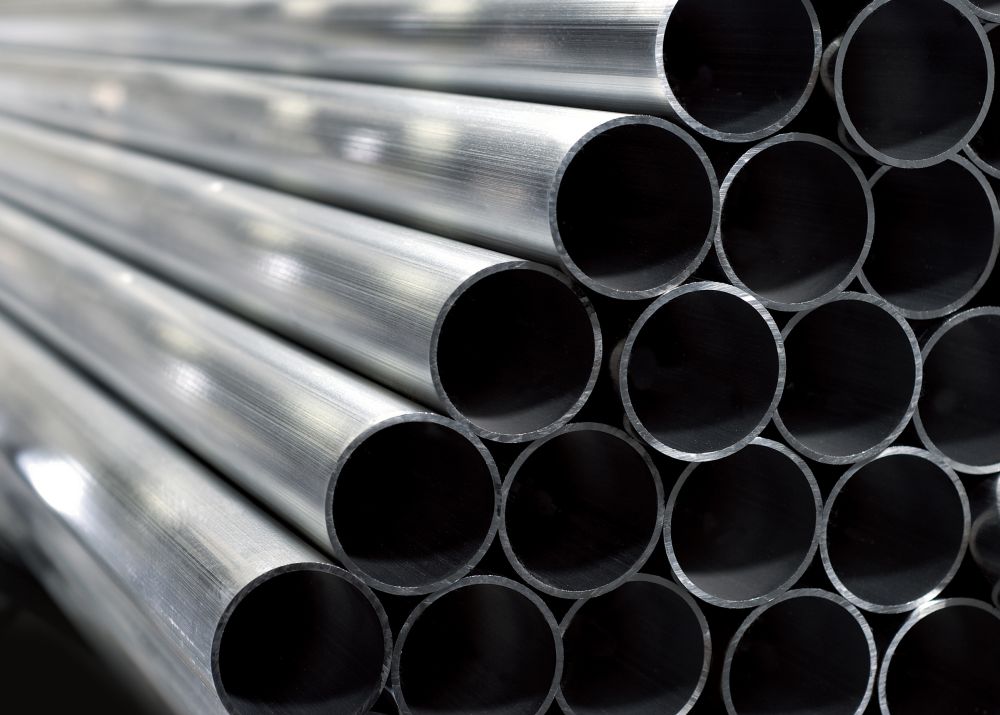
Precision Aluminum machining finds extensive applications across various sectors. In aerospace, Aluminum alloys are widely used in critical components such as aircraft fuselages and engine parts, necessitating precision machining to ensure flight safety and performance stability. In automotive manufacturing, Aluminum alloys are utilized in manufacturing vehicle bodies, engine components, among others, with precision machining facilitating lightweighting and strength enhancement of automotive structures. Furthermore, precision Aluminum machining also finds significant applications in electronics, medical devices, architectural decoration, among others, driving the development and progress of related industries.
Looking ahead, with continuous technological advancements and burgeoning market demands, precision Aluminum machining technologies are poised for further development and application. Anticipated breakthroughs and innovations in CNC machining, laser technology, smart manufacturing, among others, are expected to offer more possibilities and opportunities for precision Aluminum machining. Simultaneously, the precision Aluminum machining industry will encounter various challenges such as processing costs, environmental protection, necessitating continuous exploration and innovation to adapt to market changes and evolving demands.
In conclusion, precision Aluminum machining, as a vital manufacturing technology, plays a crucial role in promoting the application and development of Aluminum materials. Through continual technological innovation and market expansion, the precision Aluminum machining industry is expected to embrace a brighter future, unlocking new possibilities for Aluminum material applications.


